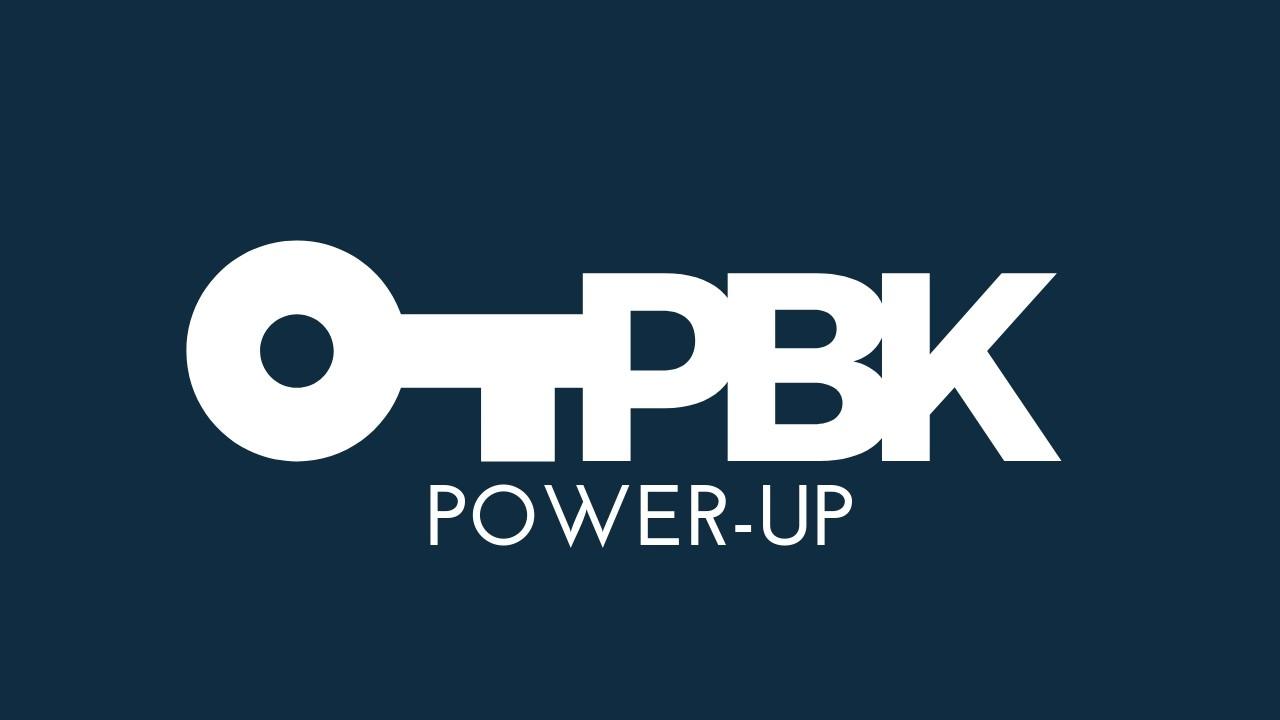The 4 Legal Pages Your Kajabi Site Needs

The 4 Legal Pages Your Kajabi Site MUST Have
What are the legal requirements for my website for my online business?
You're serious about your business so having a website is a must.
However, having a website carries more responsibility than many realize. I think it's because it's so easy to get up and running in less than 5 minutes and so we are lulled into thinking that it's all fun and games. But it's not.
Being on the internet opens you up to new liabilities: customers, intellectual property infringement; handling payments and refunds.
Every business decision has a legal impact and you want them to be positive. Your legal notices on your website are areas you need to pay attention to.
- GDPR Privacy Policy
- Terms or Terms of Use (mean the same thing)
- Disclaimers: professional, earnings, FTC
- Disclosures: affiliate
What is a GDPR Privacy Policy?
The GDPR is a regulation that went into effect May 2018 and the triggers are collecting personally identifiable information from people in the European Union. There are 1000s more nuances but the easiest way to understand it is this - if you have a way for people to give you their name, email, or Facebook Messenger, etc. then the GDPR applies to you.
A privacy policy tells the viewer what you are collecting from them, what you do with it, who has access to it, and when it is removed from your system. The GDPR just makes the privacy policy be specific v. pre-GDPR it could be a bit vaguer.
What are your site terms?
I like to think of these as the playground rules.
Your site is your playground and just like a physical business might have a "no shirt, no shoes, no service" posting - you want to have similar policies for your business.
Basics are defining the legal relationship between your site and visitors; where legal disputes are handled, payments, liability, etc.
What's a disclaimer?
This is really your chance to highlight specifics to you and your business. When I had a purely legal website, I needed to have a disclaimer that I was not acting as your attorney and would not be until we signed a formal work agreement.
A good rule of thumb is this - touching people's money, kids, or legal and you'll likely need a disclaimer.
While every business owner on the web needs a privacy policy and terms, not everyone will require an earnings disclaimer.
An earnings disclaimer is usually mandatory when you are selling a product or service that is designed to generate income for your customers. An earnings disclaimer can help protect you from certain liabilities if an unhappy customer claims that their expectations were not fulfilled after purchasing your service or product.
What are disclosures?
Disclosure pages are important from both a legal and ethical standpoint. If you run a website with an audience that relies on your expertise and advice, you must inform them whenever a conflict of interest arises. In fact, the Federal Trade Commission of the United States specifically requires you to disclose that information.
- If you participate in affiliate marketing programs, then yes, you should include a disclosure.
- If you run contextual ads (such as Google Adsense) then you should also include a disclosure.
- If you receive compensation in any form for including anything on your website – a link, an image, an article, anything – then you should absolutely include a disclosure.
Well today was much longer than normal but there's just no shortcut way to handling your website legal notices and you don't want to.
What you're building is way too important to put it in jeopardy.
Every business decision is impacted by legal — and we want those impacts to be positive.
If you’re building, creating, or using AI in your business, get my latest briefings directly in your inbox.
I’ll help you stay clear, compliant, and calm.
I send thoughtful updates — never spam. You can unsubscribe anytime. Emails are for education, not individual legal advice, and help you stay clear on the business impacts of law and your choices.
